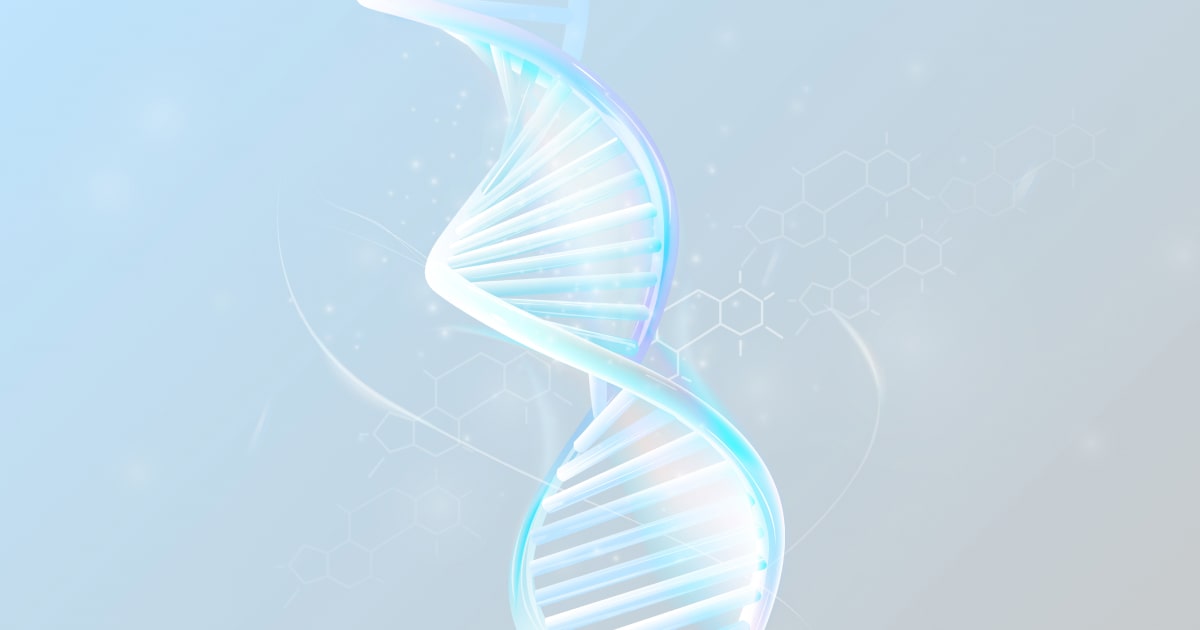
Expert Reviewed By: Dr. Brandon Colby MD
Understanding Atypical Nephropathic Cystinosis
Atypical nephropathic cystinosis is a rare genetic disorder that affects the kidneys, causing progressive damage and eventually leading to kidney failure. This disease is caused by mutations in the CTNS gene, which is responsible for the proper functioning of lysosomes - small structures within cells that break down and recycle waste materials. When the CTNS gene is mutated, cystine, an amino acid, accumulates within the lysosomes, forming crystals that damage cells and tissues throughout the body.
Although nephropathic cystinosis is typically diagnosed in infancy, atypical nephropathic cystinosis presents with milder symptoms and a later onset of the disease. This form of cystinosis can be challenging to diagnose due to its variable clinical presentation. However, early diagnosis and treatment are crucial to prevent irreversible kidney damage and improve the quality of life for affected individuals.
Diagnosing Atypical Nephropathic Cystinosis
Diagnosing atypical nephropathic cystinosis requires a combination of clinical evaluation, biochemical tests, and genetic testing. Clinical evaluation involves assessing the patient's medical history and symptoms, while biochemical tests measure the levels of cystine in white blood cells or other tissues. However, these tests may not provide a definitive diagnosis, as cystine levels can vary in atypical cases.
Genetic testing plays a crucial role in confirming the diagnosis of atypical nephropathic cystinosis. By identifying specific mutations in the CTNS gene, genetic testing can provide a definitive diagnosis and help guide treatment and management strategies. Furthermore, genetic testing can also help identify carriers of the disease, enabling genetic counseling and informed family planning for at-risk couples.
Genetic Testing: A Vital Tool in the Management of Atypical Nephropathic Cystinosis
Confirming Diagnosis and Guiding Treatment
As mentioned earlier, genetic testing is essential for confirming the diagnosis of atypical nephropathic cystinosis. Identifying the specific CTNS gene mutations enables clinicians to tailor treatment and management strategies for affected individuals. For example, cysteamine therapy, which helps reduce cystine accumulation in cells, can be initiated early to slow down the progression of kidney damage and improve the patient's quality of life.
Carrier Detection and Genetic Counseling
Genetic testing is also invaluable for identifying carriers of atypical nephropathic cystinosis. Since the disease is inherited in an autosomal recessive manner, both parents must carry a mutated CTNS gene for a child to inherit the disorder. By identifying carriers, genetic counseling can be provided to at-risk couples, enabling them to make informed decisions about family planning and prenatal testing.
Prenatal Testing and Preimplantation Genetic Diagnosis
For couples with a known risk of having a child with atypical nephropathic cystinosis, genetic testing can be performed during pregnancy through prenatal testing, such as chorionic villus sampling or amniocentesis. These tests can help determine whether the fetus has inherited the mutated CTNS gene, allowing for early diagnosis and intervention.
Alternatively, preimplantation genetic diagnosis (PGD) can be performed during in vitro fertilization (IVF) to screen embryos for the presence of CTNS gene mutations. This allows couples to select embryos without the mutated gene for implantation, reducing the risk of having a child with atypical nephropathic cystinosis.
Conclusion
Atypical nephropathic cystinosis is a rare and challenging disorder to diagnose and manage. Genetic testing plays a critical role in confirming the diagnosis, guiding treatment, and enabling carrier detection and genetic counseling. By understanding the genetic aspects of this disease and utilizing genetic testing, clinicians and families can work together to improve the quality of life for affected individuals and prevent the transmission of this disorder to future generations.
About The Expert Reviewer
Dr. Brandon Colby MD is a US physician specializing in the personalized prevention of disease through the use of genomic technologies. He’s an expert in genetic testing, genetic analysis, and precision medicine. Dr. Colby is also the Founder of and the author of Outsmart Your Genes.
Dr. Colby holds an MD from the Mount Sinai School of Medicine, an MBA from Stanford University’s Graduate School of Business, and a degree in Genetics with Honors from the University of Michigan. He is an Affiliate Specialist of the American College of Medical Genetics and Genomics (ACMG), an Associate of the American College of Preventive Medicine (ACPM), and a member of the National Society of Genetic Counselors (NSGC)